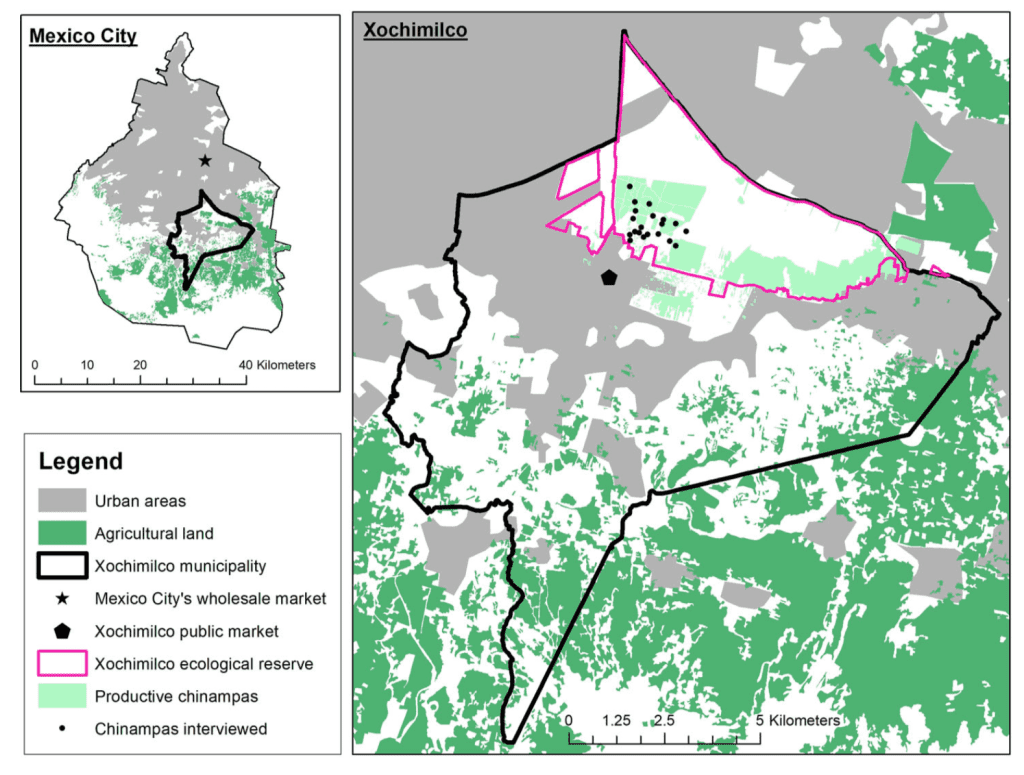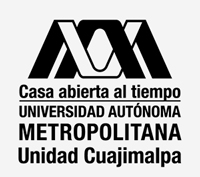In the literature on how to make food systems just and sustainable, we often look at Alternative Food Networks (AFN) as a way forward. AFNs are initiatives that pose alternatives to conventional food systems (driven by productivism and harmful to human and environmental health). Despite this broad understanding of what AFNs can be, in practice, most cases presented in the literature look surprisingly alike.
 Location of Xochimilco and the chinampas where interviews took place. Own elaboration with spatial data from gov- ernment agencies (INEGI 2010; Secretaría de Agricultura 2020; Government of Mexico City 2017).
Location of Xochimilco and the chinampas where interviews took place. Own elaboration with spatial data from gov- ernment agencies (INEGI 2010; Secretaría de Agricultura 2020; Government of Mexico City 2017).
In this article, we challenge the scholars working on alternative food networks to look beyond the narrow definition of AFNs by considering cases of traditional agriculture and distribution systems. We illustrate this argument using the case of chinampas, a traditional agricultural system in Mexico City that contributes in different ways to local sustainability. Analysing semi-structured interviews conducted on site, we argue that chinampas can be defined as an alternative food network because of their modes of production, their diverse distribution channels, and their economic practices. We conclude that traditional food systems present an alternative to conventional food systems and should therefore be included in AFN research. Broadening the definition of AFNs so to include traditional and non-institutional practices can help identify diverse cases fitting this new lens, including in the Global North; it can also contribute to affirming the value of these traditional systems in building sustainable and just societies.


